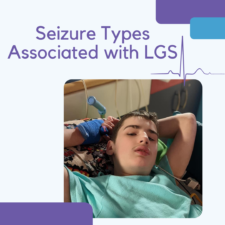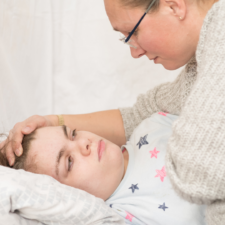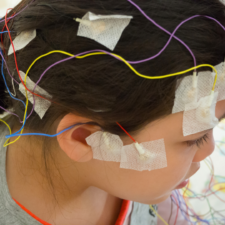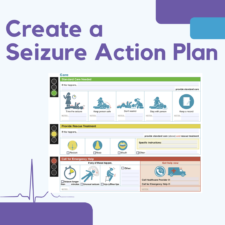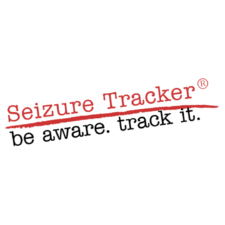Seizure Types Associated with LGS
LGS is a lifelong developmental brain disorder and frequent, debilitating seizures are the main feature. Therapies may help, however, in most cases, they do not completely stop seizures. Seizures often change in children with LGS as they grow and develop….

